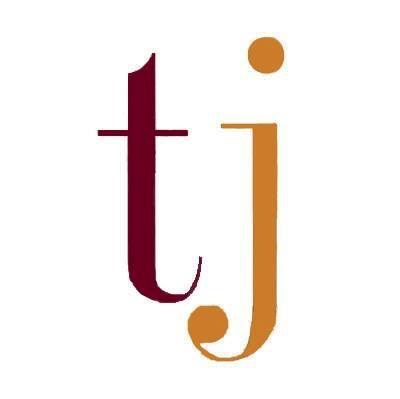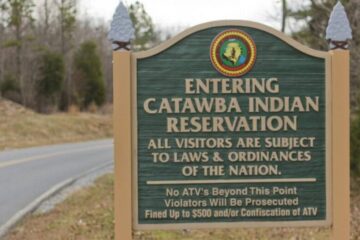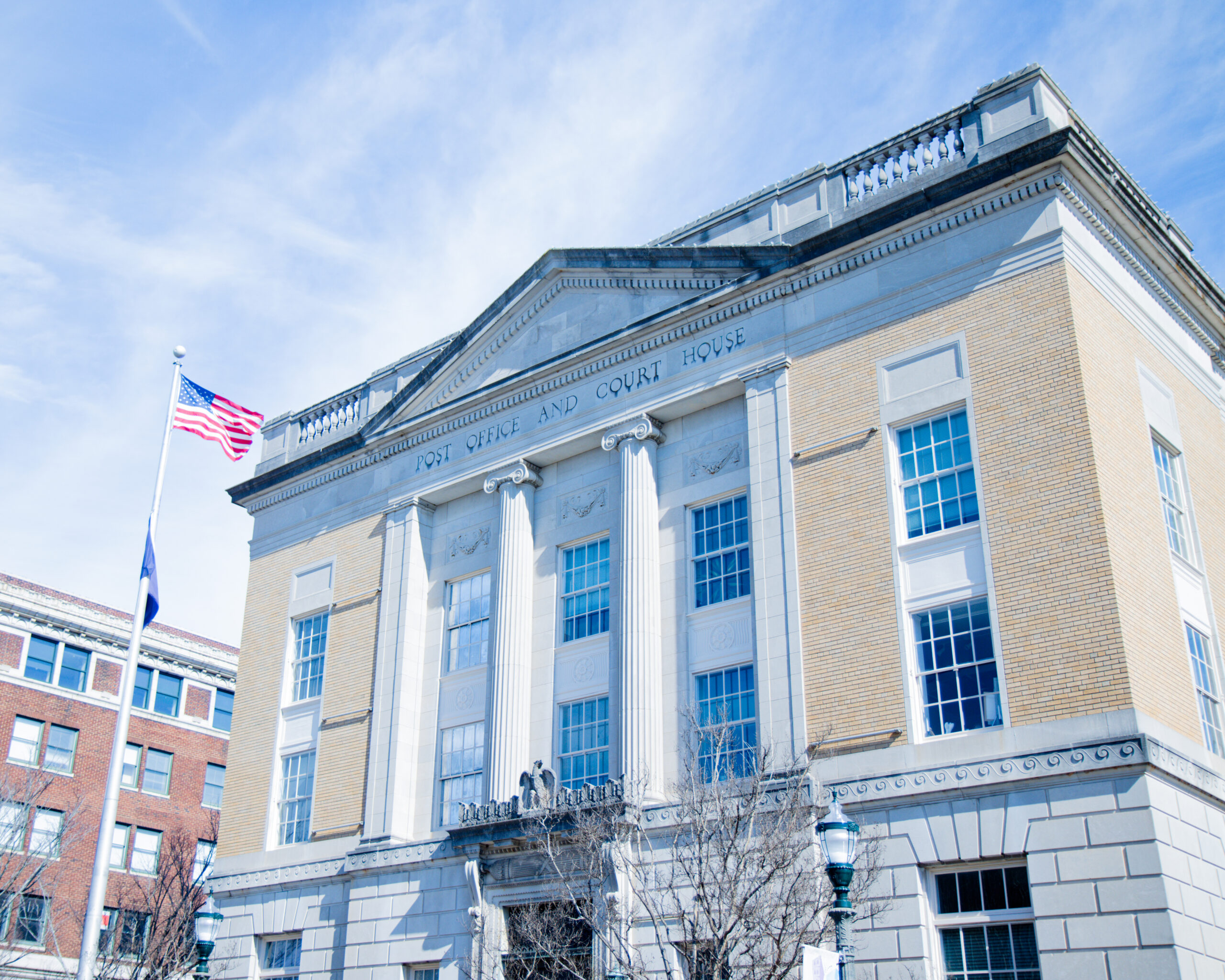The last several weeks have been eventful on the national political stage in the run-up to the 2020 presidential election.
Former U.S. Rep. Robert “Beto” O’Rourke dropped out of the race on Nov. 1 — amid continually dismal polling numbers — but not before managing to spend close to $14 million on his campaign, according to Federal Election Commission records. In a post on the website Medium, O’Rourke wrote “Though it is difficult to accept, it is clear to me now that this campaign does not have the means to move forward successfully. My service to the country will not be as a candidate or as the nominee. Acknowledging this now is in the best interests of those in the campaign; it is in the best interests of this party as we seek to unify around a nominee; and it is in the best interests of the country.”
There is also potentially a new face on the 2020 campaign trail on the Democratic side. Michael Bloomberg — billionaire, former Wall Street banker, former mayor of New York City and current media mogul — is, as of press time, considering a run for the White House. A recent poll from Morning Consult/Politico found that Bloomberg leads President Donald Trump by six percentage points in a hypothetical 2020 match up. However, polls have shown that Bloomberg is still well behind Democrat frontrunner Joe Biden.
U.S. Rep. Tulsi Gabbard has seen her numbers rise in some polls recently. Gabbard’s poll numbers rose to five percent in a recent CNN/University of New Hampshire poll — which CNN dubiously attributed to recent verbal attacks from former Secretary of State Hillary clinton. In the latest Quinnipiac University poll (released on Nov. 11), Gabbard had risen to six percent. In a display of being ‘all-in,’ Gabbard announced at the end of October that she will not seek re-election to the U.S. House of Representatives.
While the economy has long been a key issue for voters, a recent poll by CNBC and Acorns Invest In You showed that the economy may not be as big of a deal in 2020 as it has historically been. According to the poll, thirty-four percent of Americans said that they will vote on the economy. Forty-two percent of Republicans said that the economy would be their biggest issue when going to the ballot box, with 27 percent of Democrat voters saying the same. While the state of the job market and the economy are still major factors in who voters cast their ballot for, health care comes in next, followed by immigration and the environment, according to the aforementioned poll.
Trump has stayed on the campaign trail (much like he has throughout his presidency) with recent appearances in Dallas, Texas; Atlanta, Georgia; Monroe and Bossier City, Louisiana and Lexington, Kentucky.
The Republican side of the 2020 presidential hopefuls remains relatively small compared to the Democrat side with former South Carolina Gov. Mark Sanford, conservative pundit Joe Walsh and former governor of Massachusetts Bill Weld being considered contenders for the GOP nomination as of press time.




